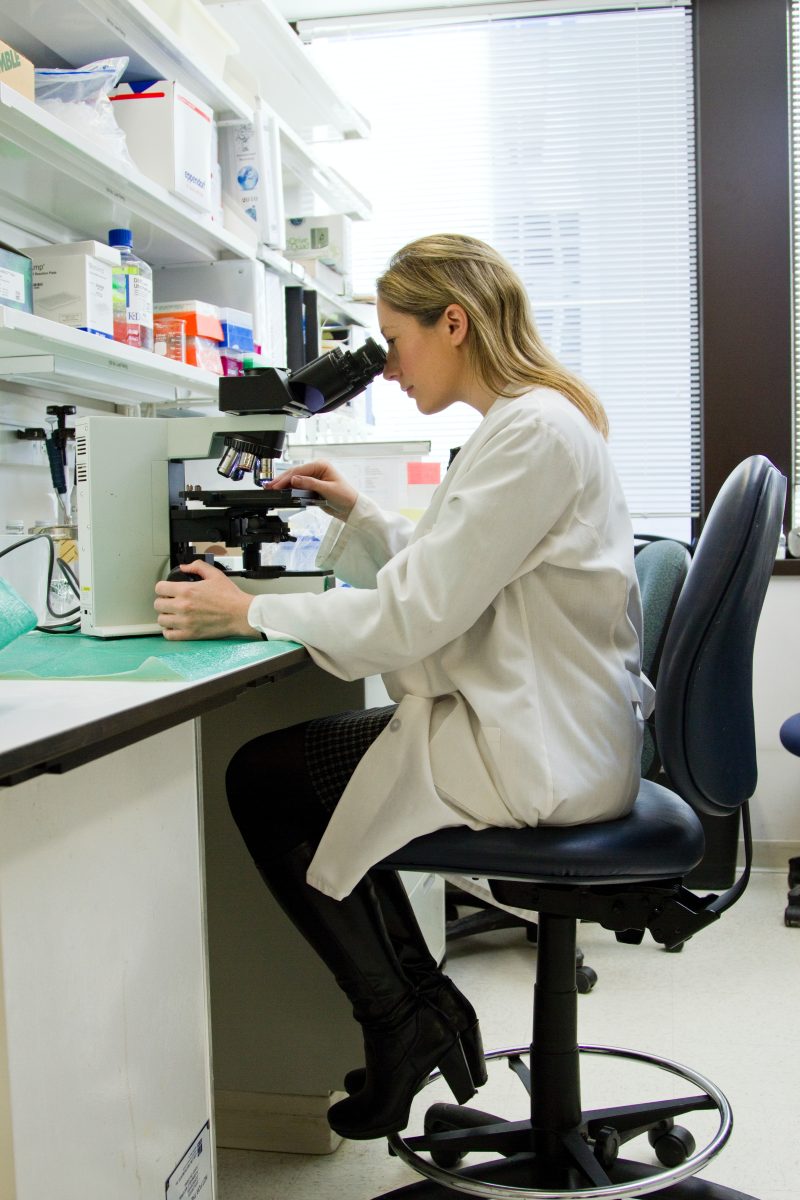Why stopping and staying stopped is difficult for alcoholics
“I need a drink.” Every alcoholic understands the overbearing demand of that statement. And we have heard that statement so often. The craving for alcohol represents a physiological imperative created by millions of addicted cells clamouring for a fix. We can compare the craving for alcohol to the demands of the bowel or bladder – you can ignore it for a while, but sooner or later, you will be obligated to do something about it.
The early American physician Dr Benjamin Rush vividly described the nature of craving: “When strongly urged, by one of his friends, to leave off drinking, a habitual drunkard said, “Were a keg of run in one corner of a room, and a cannon constantly discharging balls between me and it, I could not refrain from passing before that cannon, to get at the rum.”
Like other symptoms associated with alcoholism, craving can be understood as a complicated series of actions and reactions in the addicted brain. Pharmacologist Kenneth Blum, PhD, author of Alcohol and the Addictive Brain, believes that the complex neurological events underlying irresistible cravings go a long way toward explaining the very native of addictive disease. Blum’s theory of the “reward cascade” underlying craving is complicated.
In short, the following are the essential aspects of craving:
- In alcoholics, a genetically transmitted defect leads to inadequate functioning of the dopamine reward system, which is responsible for creating feelings of pleasure and euphoria.
- The brain, even an adaptive organ, compensates by increasing the number of dopamine receptor sites. With more receptors available, the brain hopes to capture more of the available (but in short supply) dopamine, increasing feelings of joy and elation.
- The brain’s adaptive response backfires, however, for now, the cells are in a double-whammy situation, with a short supply of dopamine and an overabundance of dopamine receptors. In other words, there is not enough “food” and too many mouths to feed. The supply is low, while the demand is high.
- Deprived of their feel-good chemical food, the brain cells send out distress signals, and the body responds by searching for substitute pleasure-creating substances.
- Alcohol works almost instantaneously to open up the dopamine faucets, and so those individuals with the genetic profile for alcoholism turn to alcohol for pleasure and euphoria. (Heroin, cocaine, methamphetamine, marijuana, sugar, nicotine, gambling, and sex also release various pleasure-creating neurotransmitters).
- Alcohol interacts with various neurotransmitters to produce chemical substances that imitate the actions of dopamine and other feel-good neurotransmitters.
- The chemical substances thus created fit like a key into the lock of the opiate receptors, stimulating the release of pleasure-creating chemicals, which in turn creates a feeling so well-being and euphoria.
- When alcoholics stop drinking, the dopamine supply is abruptly cut off, withdrawal may ensue, and the craving for alcohol returns.
- The solution: Drink more alcohol!
Craving is the trigger that makes quitting alcohol a difficult task. Craving during withdrawal has to be supported and supervised medically so that the alcoholic can get through the difficult stage with a good chance of recovery.
Home detox is an option that is highly recommended. The alcoholic is in a comfortable and supportive environment of their home with less stress caused by a clinical or unfamiliar environment. AddictionsUK has a long track record of providing safe and effective home detox services throughout the UK. Moreover, follow-up therapy is also available to prevent relapse and address ongoing issues in early recovery.
If you or a loved one is struggling with addiction, call Freephone 0800 140 4044
Freephone: 0800 140 4044
Local rate: 0300 330 3040

